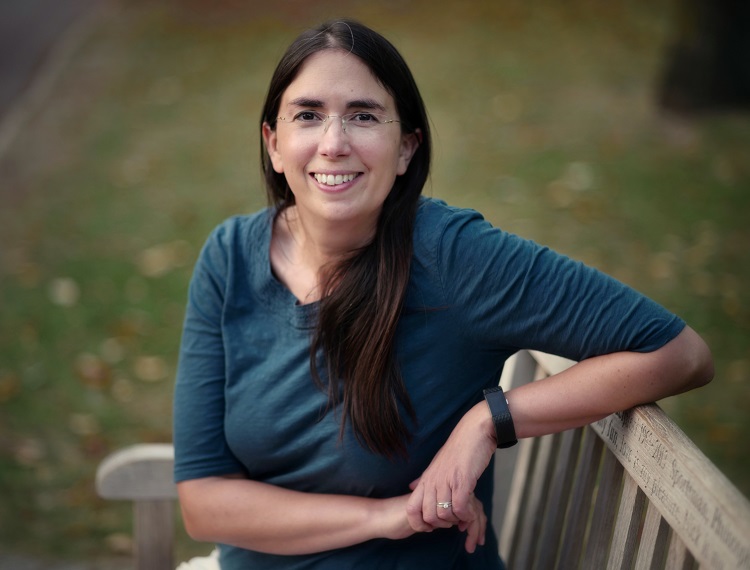How can we embed sustainability into education?

“You’ll die of old age, we’ll die of climate change”
That was one of the slogans held up in 2019 by students who walked out of lessons to participate in the largest climate protest in history.
Our young people are passionate about saving the planet in a way that previous generations have not been.
As educational institutions of all kinds, it is our responsibility to equip them with the knowledge and critical reasoning skills to match this passion, while at the same time striving to minimize our own footprints.
COP26 provides an opportunity for both the education and publishing sectors to step up with tangible action to support the UK Government’s post-Covid-19 recovery plan for a ‘green industrial revolution’ – whether that’s via significant reskilling in our schools and colleges or taking a closer look at our own operations. I would argue that both are required.
Our recent report, The Evolution of Science Education, found that the majority of teachers and educators do not believe science education is fit for the future, partly because it fails to adequately teach students about climate change. As publishers, we need to develop world class resources and curricula to inspire learners to engage with global issues. We should be encouraging them to tackle open-ended problems and apply the science they’ve been taught so that they can address future challenges themselves.
More broadly, further education is uniquely placed to bring about transformation in our society – it reaches millions of learners from all walks of life and is developing the future workforce for many industries that play a critical role in the road to net zero, from agriculture to finance, construction to energy generation.
But it is not just our curricula that we need to change: the education system itself, including the books and other resources it relies on to share knowledge, needs to become more sustainable.
That is why at OUP we are furthering our commitment to protect the environment – by 2025, we’re aiming to be carbon neutral in our own operations; ensure 100% of paper for printed publications is certified as sustainable; and minimise waste by ensuring there is zero landfill from our offices and warehouses.
We have also become a founding signatory to the ‘Publishing Declares’ climate pledge, announced in October this year, and have made a commitment to tackle and raise awareness about social and environmental issues by signing up to the UN Sustainable Development Goal Publishers Compact.
As a sector, we need to practice what we preach – and, as we encourage students to understand and address the challenge of climate change, we must match this with our own efforts to reduce our footprint and become more environmentally responsible.
Zoe Cokeliss Barsley, Director of Sustainability at Oxford University Press
Zoe leads the development and delivery of OUP’s sustainability strategy and targets, working in partnership with the operations teams and publishing divisions. She has a particular interest in finding ways to reduce the upstream impact of book production, including tackling biodiversity loss from deforestation and reducing the impact of chemical use in the supply chain.
Prior to joining OUP in 2020, Zoe spent nine years in the apparel and footwear industry with Pentland Brands and four years as a sustainability communications consultant with Context Group. Before entering the world of corporate sustainability she researched global trends in biodiversity and ecosystem degradation for the UN Environment Programme’s World Conservation Monitoring Centre, and has an MA in Biological Sciences and an MSc in Nature Conservation

Responses